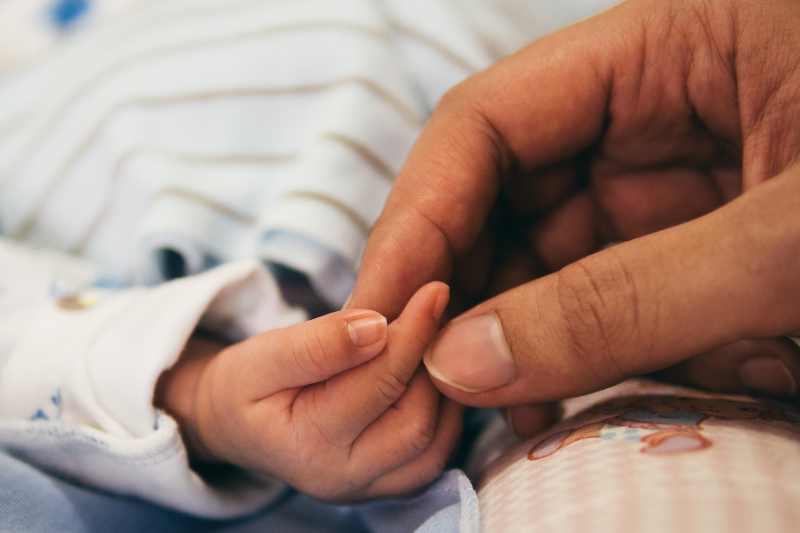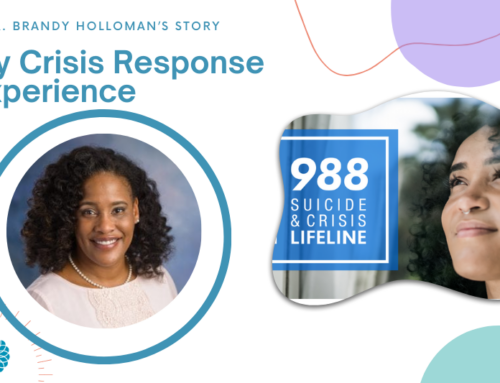The Partner Parent Network provides an example of how parents can fit into the governance structure of a Home Visiting program.
The Commonwealth of Northern Marianna Islands (CNMI) Data Analyst, Jodina Attao, was asked the following question – “Why do you think parent involvement is important, particularly father involvement, in the home visiting program, and from a cultural perspective what it is that you need to address to engage them?”
Jodina Attao’s response: “In my opinion, parent involvement is an essential element in any child’s success in life. I truly believe that if our ultimate goal is to empower parents to develop positive beliefs about their role as a parent we need to work WITH them and not FOR them; just as they need to shift their paradigm to working WITH their children, not just FOR them. In our culture, however, this has always been deemed a challenge. Although we try to approach the family as a whole, it always seems like later down the line of services, engaging fathers becomes a bit more difficult. This is because we have always practiced matriarchal dominance in the CNMI. Fathers tend to lean toward being the sole breadwinner, and their beliefs have been set that their only parenting role is to provide FOR their family. Mothers, on the other hand, have to work WITH everyone in the household to ensure their success, and address the lack thereof. Fathers are usually seen as the disciplinarian, compared to mothers being the more nurturing parent; which has eventually encompassed a set of beliefs that parenting a child needs to be done separately instead of building the family as a whole.”
Other factors that come to mind according to Ms. Attao when thinking of father involvement are things like: insecurities that a parent may have, both the mother and father’s viewpoints; many fathers not be used to giving and receiving the type of attention (and compliments, for that matter) a child/mother usually gets.” Another factor is the native language; Ms. Attao feels that it always appears to come with negative connotation, due to the way the sound emerges – very firm, harsh, and “brush it off” kind of tone – which leads to the perceived attitudes and behaviors of fathers.
Quotes from Fathers
“I have always wanted a family of my own, now that I have them, I never take them for granted and I always make sure I make time to spend quality time with them.”
– Jose Reyes, Program Participant, Tinian site
“A father’s engagement in their children’s lives is important for their social and emotional well being. Teaching them to be responsible and able to make the right decisions and choices also helps us to build relationships with our children from the day they are born, into their teenage years, and when they become adults. The 5 foundations in our home for communication are: Love, Trust, Honesty, Respect, and Understanding.”
– Nestor Catbagan, Program Participant, Rota site
“Being an active father and having a strong bond with my son is important to me because mothers will always be too fragile with their children. It isn’t bad, they just need a father who will allow them to explore more, so they can be strong and learn to do things on their own instead of always seeking help.”
– Brandkief Castro, Program Participant, Saipan site
“I appreciate our home visitor for supporting us in our daughter’s cognitive and language development. Without the program, I wouldn’t have known how to go about raising my child. It’s important for me to learn so that I am able to teach my own child. I want other father’s to know that we are responsible to teach our children responsibility and respect. The way I was brought up I never had emotional support from my father, so I want my daughter to grow and feel that I have supported her in every way. I believe that fathers who interact with their babies they will grow up to be very humble and compassionate. To all fathers out there, I encourage you to embrace your children, read to them, play with them, be with them, so they are able to make better choices because all they really need is you.”
-Kevin Taitano Kapileo, Program Participant, Saipan site
“I think it is important because being engaged in their life makes the child have a bond with their father, and being engaged will benefit the child in many ways. Being there for your children should be your number one priority. This shows your child/children that they can count on you and that they have your full support.”
– Willis Kani, Program Participant, Rota site






